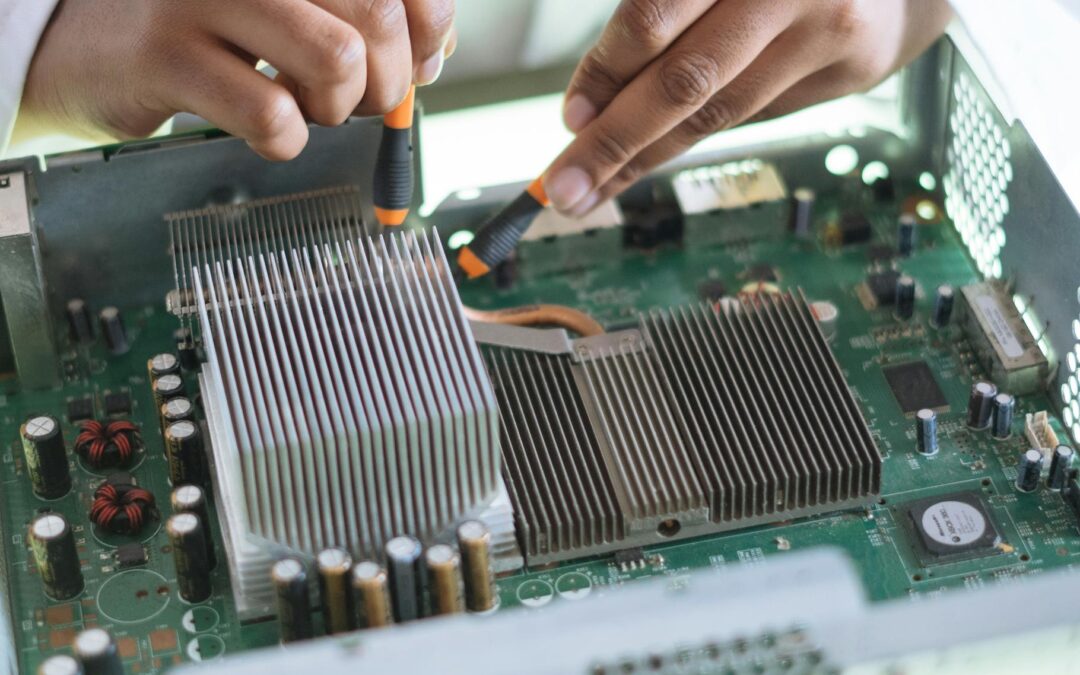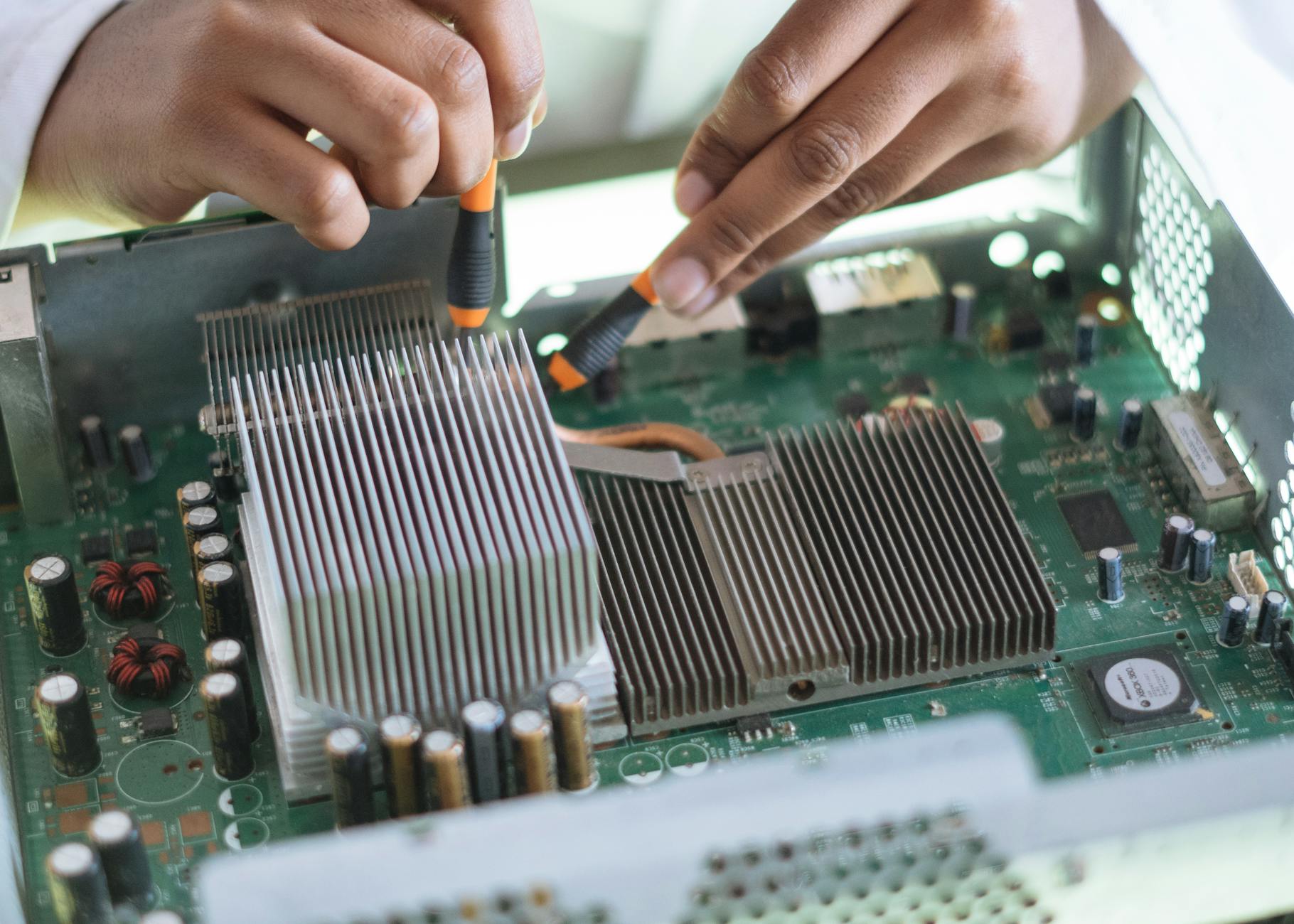Discover how AI has evolved from Turing’s test to cutting-edge neural networks, shaping the future of technology and innovation.
Table of Contents
- Introduction to AI
- Historical Context of AI
- Current Applications of AI
- Benefits of AI
- Challenges and Ethical Concerns of AI
- Future Direction of AI
- Can Skynet Happen? Exploring the Fictional Fear of AI
- Is Skynet a Realistic Possibility?
- Safeguards Against AI Threats
- Conclusion: Embracing the Promise and Perils of AI
Introduction to AI
Artificial Intelligence, or AI, is a rapidly evolving field that holds immense promise and potential for transforming our world. At its core, AI refers to the development of computer systems that can perform tasks that typically require human intelligence, such as reasoning, learning, and problem-solving. The advancements in AI technology have been driven by innovations in machine learning, neural networks, and deep learning algorithms.
Historical Context of AI
The roots of AI can be traced back to the early 20th century when visionary scientists and mathematicians laid the groundwork for modern AI. One of the key figures in AI history is Alan Turing, whose groundbreaking work on computation and artificial intelligence laid the foundation for the field. The term “artificial intelligence” was coined in the 1950s, marking the birth of modern AI research and development.
Current Applications of AI
Today, AI technology is enabling revolutionary applications across a wide range of industries. In healthcare, AI is being used to analyze medical images, diagnose diseases, and personalize treatment plans. In finance, AI algorithms are driving automated trading, fraud detection, and customer service. The transportation sector is leveraging AI for autonomous vehicles and traffic optimization. These examples showcase the transformative power of AI in shaping the future of society.
Benefits of AI
The benefits of AI technology are vast and impactful. AI systems can process and analyze vast amounts of data at speeds that surpass human capabilities, leading to enhanced efficiency and productivity. In healthcare, AI-driven diagnostics can improve patient outcomes and reduce healthcare costs. In manufacturing, AI-powered robots are revolutionizing production processes, leading to higher quality products and lower operational costs.
Challenges and Ethical Concerns of AI
However, the rapid advancement of AI technology also raises significant challenges and ethical concerns. One of the key challenges is ensuring that AI systems are free from bias and discrimination. The use of AI in decision-making processes, such as hiring or lending, can perpetuate systemic inequalities if not carefully monitored. Moreover, the collection and use of personal data by AI systems raise concerns about privacy and security.
Future Direction of AI
The future of AI holds immense promise for further innovation and advancement. As AI technologies continue to evolve, we can expect to see more sophisticated applications in areas such as autonomous systems, quantum computing, and robotics. AI has the potential to revolutionize industries, create new opportunities for economic growth, and improve quality of life for individuals around the world.
| Timeline | Milestones | Significance |
|---|---|---|
| 1936 | Alan Turing Publishes “On Computable Numbers” | Formulates concept of a “Universal Machine” that can perform any computation |
| 1950 | Turing Test Introduced | Suggests machine intelligence can be evaluated through conversation with humans |
| 1956 | John McCarthy coins term “Artificial Intelligence” | Marks the birth of AI as a field of study |
| 1986 | Neural Networks Revival | Reintroduction of neural network models for AI applications |
| 2012 | Deep Learning Breakthrough | Deep neural networks achieve record-breaking performance in image recognition |
| 2020 | AI Ethics and Regulation | Increased focus on ethical implications and regulatory frameworks for AI technology |
Can Skynet Happen? Exploring the Fictional Fear of AI
The concept of a rogue AI system like Skynet, as depicted in the Terminator franchise, has long captivated the imagination of science fiction enthusiasts. The idea of an AI entity becoming self-aware and threatening humanity raises profound questions about the ethical implications of AI development. While the scenario of a Skynet-like takeover remains fictional, the dangers of unchecked AI development warrant careful consideration.
Is Skynet a Realistic Possibility?
While the notion of a Skynet scenario may seem far-fetched, it is essential to recognize the potential risks associated with AI technology. The exponential growth of AI capabilities, combined with insufficient safeguards and oversight, could potentially lead to unintended consequences. Ensuring responsible AI development and implementing ethical guidelines are essential steps in mitigating the risks of AI threats.
Safeguards Against AI Threats
To address the challenges posed by AI technology, it is crucial to implement safeguards and regulations that promote transparency, accountability, and ethical use of AI systems. Initiatives such as data privacy laws, ethical AI guidelines, and regulatory frameworks play a key role in mitigating the risks associated with AI development. By prioritizing ethical considerations and responsible practices, we can pave the way for a future where AI benefits humanity while minimizing potential harms.
Conclusion: Embracing the Promise and Perils of AI
In conclusion, the journey through the history and future of AI reveals a landscape of immense potential and profound challenges. As we navigate the complexities of AI technology, it is crucial to remain informed, engaged, and proactive in shaping a future where AI serves to benefit humanity. By fostering a culture of responsible innovation, ethical decision-making, and collaborative dialogue, we can harness the transformative power of AI for the betterment of society.
What is Artificial Intelligence (AI)?
AI refers to computer systems that can perform tasks requiring human intelligence, like learning and problem-solving. It includes machine learning and neural networks.
What are the current applications of AI?
AI is used in healthcare for diagnoses, finance for fraud detection, and transportation for autonomous vehicles.
What are the benefits of AI?
AI enhances efficiency in processing data, improves healthcare outcomes, and revolutionizes manufacturing processes.
Can Skynet from the Terminator series happen in real life?
While the fictional scenario is unlikely, safeguarding against AI threats through ethical guidelines and regulations is essential.


Recent Comments